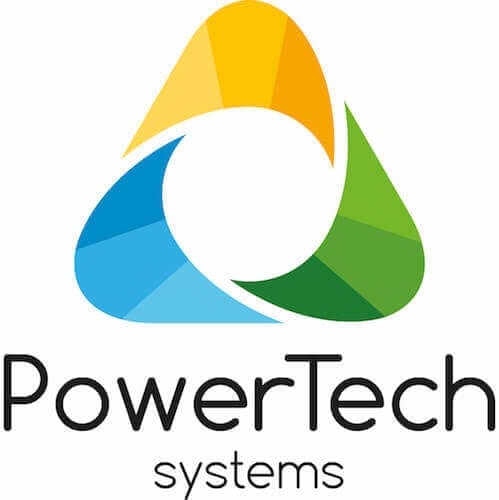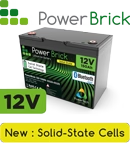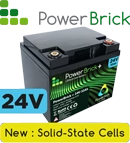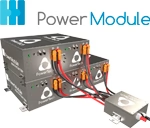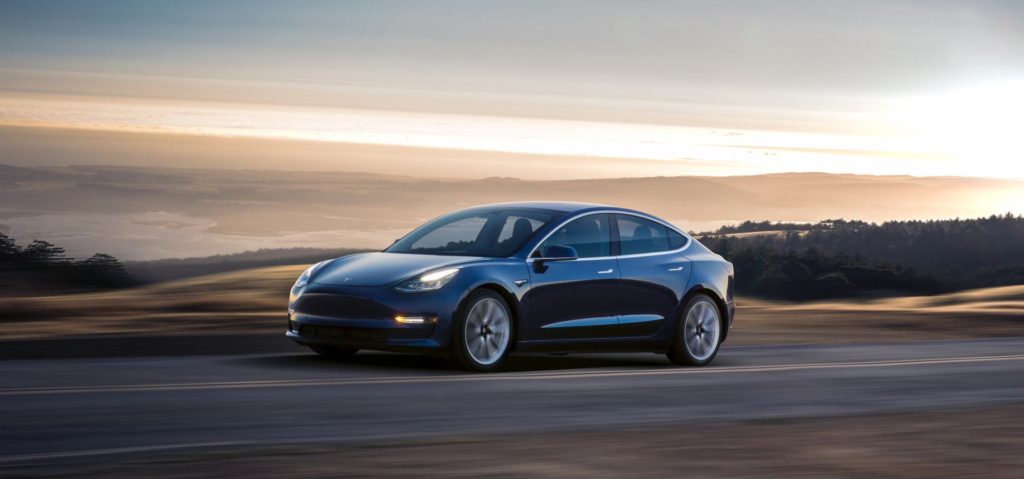
In the recent presentation of Tesla’s 2nd quarter results, Elon Musk confirmed that Tesla migrates batteries to Lithium Iron Phosphate Technology (often referred to as LFP) will play a key role in powering the company’s larger vehicles, starting with the Shanghai Model 3 :
And that that frees up a lot of capacity for things like the Tesla Semi and other projects that require higher energy density [batteries]. So you have two supply chains that you can tap into: iron phosphate or nickel-based chemistries.
The fundamental advantage of LFP is that, compared to the nickel-based cathodes traditionally used, its main constituent minerals – iron, phosphates and, more recently, traces of manganese – are very abundant and relatively inexpensive. Iron ore, for example, is mined at a volume of nearly 3 billion metric tons each year, a thousand times more than the approximately 2.5 million tons of nickel that are mined annually.
Then there are the well-known problems surrounding cobalt, with ethically complex supply chains, limited quantities mined (most of which are already claimed for battery manufacturing), and high prices.
Tesla uses at least two varieties of nickel-cobalt batteries, from Panasonic (NCA) and LG Chem (NCM), and has tried to minimize the amount of cobalt needed, but there is always some exposure to cobalt, and exposure to nickel is obviously unavoidable, it is the key ingredient in this class of battery chemistry.
Overall, therefore, key minerals for LFP batteries are much more abundant, and prices are cheaper (and more stable) than those for nickel-based battery minerals. This translates into the fact that LFP batteries are already slightly cheaper than nickel-based batteries per kWh. Because the constituent minerals are so inexpensive, and the energy density of LFP cells is constantly improving, this price per kWh could drop even further in the coming years.
